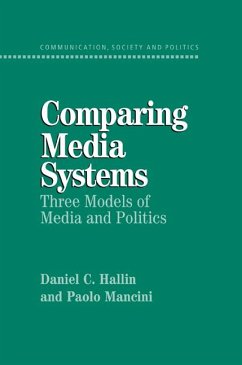
Apocalypse without God
Versandkostenfrei!
Versandfertig in 1-2 Wochen
30,99 €
inkl. MwSt.

PAYBACK Punkte
15 °P sammeln!
Despite often being dismissed as bizarre, apocalyptic thought has persistent appeal in political life. This book explains apocalyptic thought's political appeal by examining it through the eyes of secular thinkers and makes original contributions to both the history of political thought and contemporary political philosophy.












